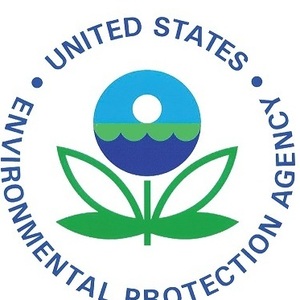US EPA schedules hearing on RFS proposal for Aug. 1

July 13, 2017
BY Erin Krueger
The U.S. EPA has announced plans to hold a public hearing Aug. 1 in Washington, D.C., for its recently released proposal to set 2018 renewable volume obligations (RVOs) under the Renewable Fuel Standard, along with the 2019 RVO for biomass-based diesel.
The agency released a prepublication version of the proposed rule on July 5. The proposal calls for approximately 19.24 billion gallons of renewable fuels to be blended into the national fuel supply next year. This includes 238 million gallons of cellulosic biofuel, 2.1 billion gallons of biomass-based diesel and 4.24 billion gallons of advanced biofuel. For 2019, the new proposal calls for the biomass-based diesel RVO to be maintained at 2.1 billion gallons.
In a notice posted to its website, the EPA said the hearing aims to provide interested parties the opportunity to present data, views, or arguments concerning the proposal. The agency may ask clarifying questions during the hearing, but will not respond to presentations at that time. Written statements and supporting information submitted during the public comment period will be considered with the same weight as information presented at the hearing.
Advertisement
Advertisement
Those wishing to testify at the hearing should notify the EPA by July 25. Additional information is available on the EPA website.
The EPA is expected to open a 45-day public comment period on the proposed rule following its publication in the Federal Register. A prepublication version of the rule can be downloaded from the EPA website.
Advertisement
Advertisement
Related Stories
The U.S. EPA on July 8 hosted virtual public hearing to gather input on the agency’s recently released proposed rule to set 2026 and 2027 RFS RVOs. Members of the biofuel industry were among those to offer testimony during the event.
The USDA’s Risk Management Agency is implementing multiple changes to the Camelina pilot insurance program for the 2026 and succeeding crop years. The changes will expand coverage options and provide greater flexibility for producers.
President Trump on July 4 signed the “One Big Beautiful Bill Act.” The legislation extends and updates the 45Z credit and revives a tax credit benefiting small biodiesel producers but repeals several other bioenergy-related tax incentives.
CARB on June 27 announced amendments to the state’s LCFS regulations will take effect beginning on July 1. The amended regulations were approved by the agency in November 2024, but implementation was delayed due to regulatory clarity issues.
SAF Magazine and the Commercial Aviation Alternative Fuels Initiative announced the preliminary agenda for the North American SAF Conference and Expo, being held Sept. 22-24 at the Minneapolis Convention Center in Minneapolis, Minnesota.
Upcoming Events










